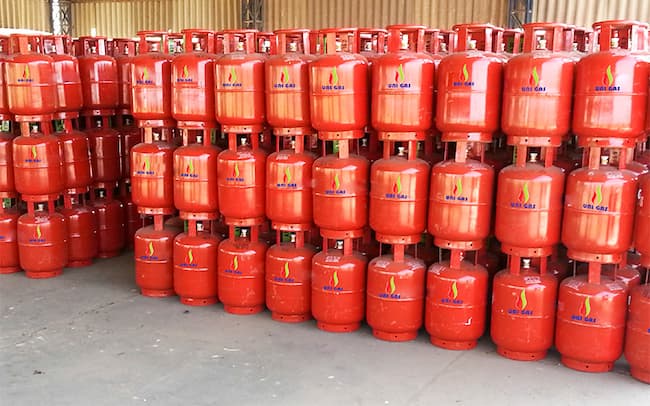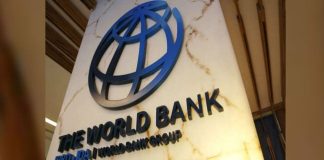More than half of the Liquefied Petroleum Gas (LPG), also known as cooking gas, consumed in the country in the first three months of the year was imported from Equatorial Guinea and two other countries.
Nigeria, which ranks as the ninth largest natural gas reserve globally, imports cooking gas from Equatorial Guinea, which has only 1.3 trillion cubic feet gas reserves and ranks as the 65th largest globally.
Marketers also imported from the United States and Argentina during the period under review to bridge the production shortfall.
According to the Nigerian National Petroleum Corporation (NNPC), Nigeria has about 202 trillion cubic feet of proven gas reserves and an additional 600 trillion cubic feet unproven gas reserves but continued to suffer supply shortage over the years.
Data obtained by BizWatch Nigeria from the Petroleum Products Pricing Regulatory Agency (PPPRA) showed that marketers imported a total of 170,419.286 metric tonnes from January to March this year.
While they were only able to produce 123,498.317 metric tonnes of cooking gas during the period under review, representing 42 per cent of total gas consumed during that period.
READ ALSO: NNPC, SEEPCO Sign Pact On Gas Production With OML 143
Nigeria imported 43,399.018 MT of LPG in January, while 29.700.569 MT million litres were produced locally.
In February, the country imported 44,178.668 MT and produced 48,562.016 MT and in March imported 77,840.6 MT and produced locally 45,335.732 MT of LPG.
The United States accounted for 80 per cent (136,985.51 MT) of Nigeria’s LPG imports in the period, while Argentina accounted for 10 per cent (17,292.651MT) and Equatorial Guinea (16,141.125MT) supplied the remaining 10 per cent.
“Out of 8.5bscfd of natural gas production in Nigeria, only 18 per cent of natural gas produced is being utilised by the domestic market. A large percentage of the gas produced is used for the export market. Re-injection is 32 per cent and flared gas stands at seven per cent,” the Group Executive Director/Chief Operating Officer, Gas and Power, NNPC, Mr Saidu Mohammed, said at an industry event last month.
The Executive Secretary, Nigerian Association of Liquefied Petroleum Gas Marketers (NALPGAM), Mr Bassey Essien, recently noted that even though the country produced four million metric tonnes of gas was being produced annually, only 350,000MT is allocated to the for use as cooking gas in the domestic market.
According to him, the regular importation of the product to bridge the production shortfall has affected the price of cooking gas in the country.
The price of cooking gas increased by 20 per cent in December 2020, which stakeholders attributed to the depreciation of the naira against the dollar and increased global demand.
Essien said, “So. the price of gas is affected by what is happening in the global market because though Nigeria produces about four million metric tonnes of gas annually, only 350,000MT is allocated to the domestic market.
“Unfortunately, the government cannot increase the allocation to meet our full domestic demand without the buy-in of other partners of NLNG.”
The Minister of State for Petroleum Resources, Chief Timipre Sylva, recently stated that the challenges in the sector were well understood and that the Petroleum Industry Bill (PIB) which is expected to be passed into law this month will act as a solution in transitioning towards a gas economy.













